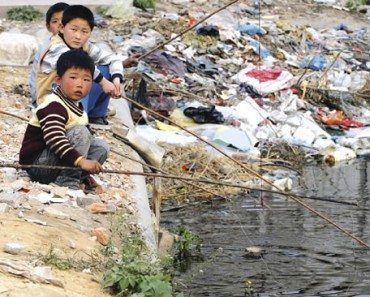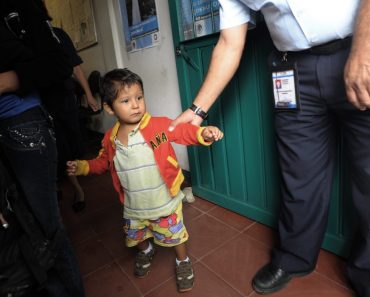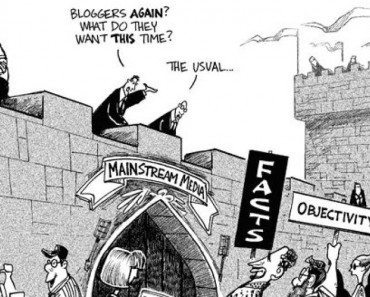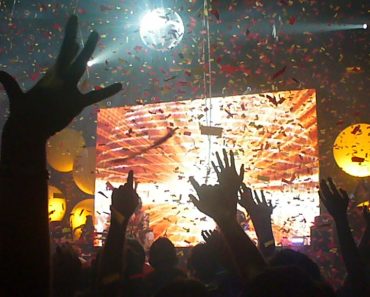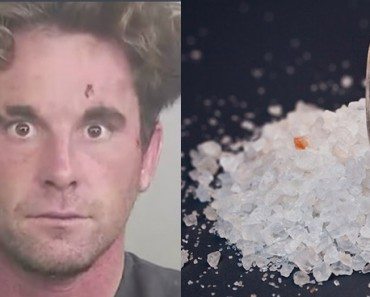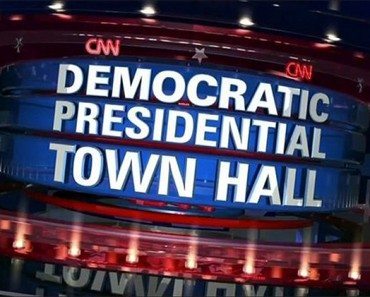Violent clashes broke out between protesters and the military in Caracas Tuesday after Venezuelan opposition leader Juan Guaidó launched what he said was the final phase in his plan to depose embattled President Nicolás Maduro.
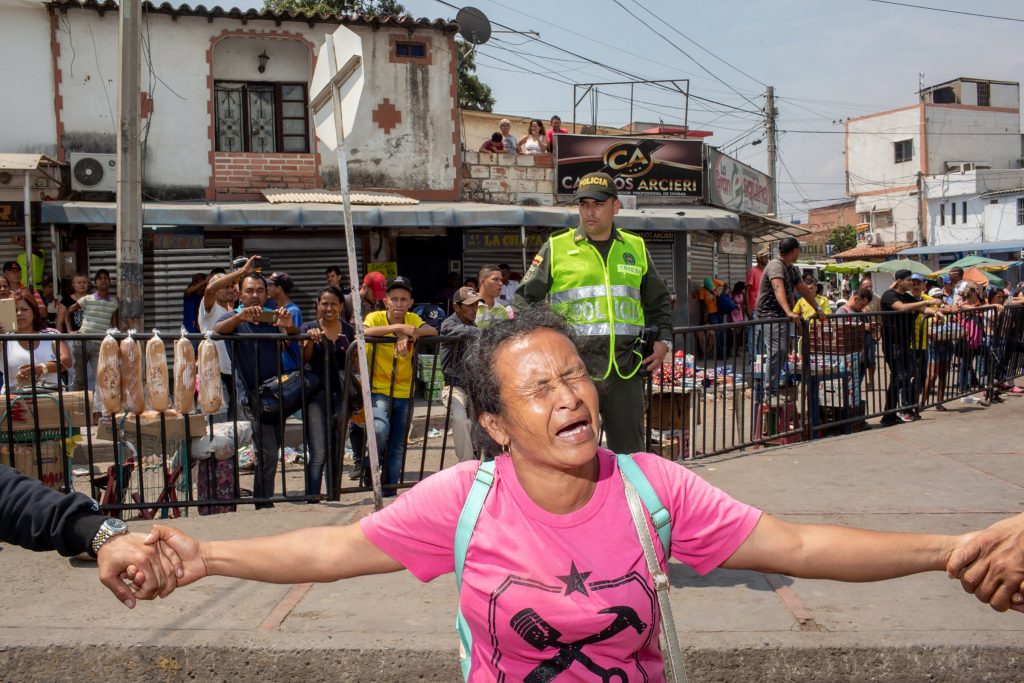
Guaidó’s attempted coup could do just that — or it could mark the latest, and perhaps last, failed attempt by an opposition movement that enjoys significant international backing but has struggled to gather the widespread support in the military it needs to wrest control of the country.
Violent Protests to Bring Peaceful Times
“Today, brave soldiers, brave patriots, brave men devoted to the constitution have heeded our call. We’ve also heeded the call, and we have found ourselves in the streets of Venezuela once and for all,” Guaidó said early Tuesday from outside a military air base in eastern Caracas.
Hundreds of pro-opposition protesters and some armed forces responded, filling the streets in the opposition’s wealthy stronghold of eastern Caracas. Armed forces that defected to Guaidó’s side clashed with the national guard, and gunfire was reportedly exchanged.
The violent clashes soon spread, with pro-opposition protesters throwing stones, Molotov cocktails, and tear-gas canisters at soldiers loyal to Maduro. They were greeted by extreme force from the military: an armored truck was seen on video plowing protesters as they threw objects at the vehicle. At least 50 people have been injured in the clashes, CNN reported, citing a hospital official in Caracas.
Guaidó and his mentor, the longtime opposition figure Leopoldo López, who’s been under house arrest since 2015, meanwhile, tried and failed to breach the city center, a well-known Maduro stronghold, Bloomberg reported. In a grim sign for the opposition, López then requested asylum at the Chilean embassy in Caracas. In a tweet, Chile’s foreign minister Roberto Ampuero confirmed Lopez’s arrival at the embassy.
Opposition figures would not say where their next destination was, but Guaidó’s spokesperson told CNN “the objective is to advance.”
“We are very happy. This is a definite process,” another opposition spokesperson told The Guardian, as demonstrations continued.
But as the day progressed, it remained hard to gauge how much enthusiasm the opposition’s movement garnered outside its strongholds, and many of the military forces inside the capital city appeared to still be acting with Maduro’s interests in mind.
Venezuelan military commander Vladimir Padrino López appeared on national television Tuesday afternoon, claiming that parts of opposition had already been defeated and that the rest of the country remained calm. He added that the military’s top leaders remained loyal to Maduro’s government.

